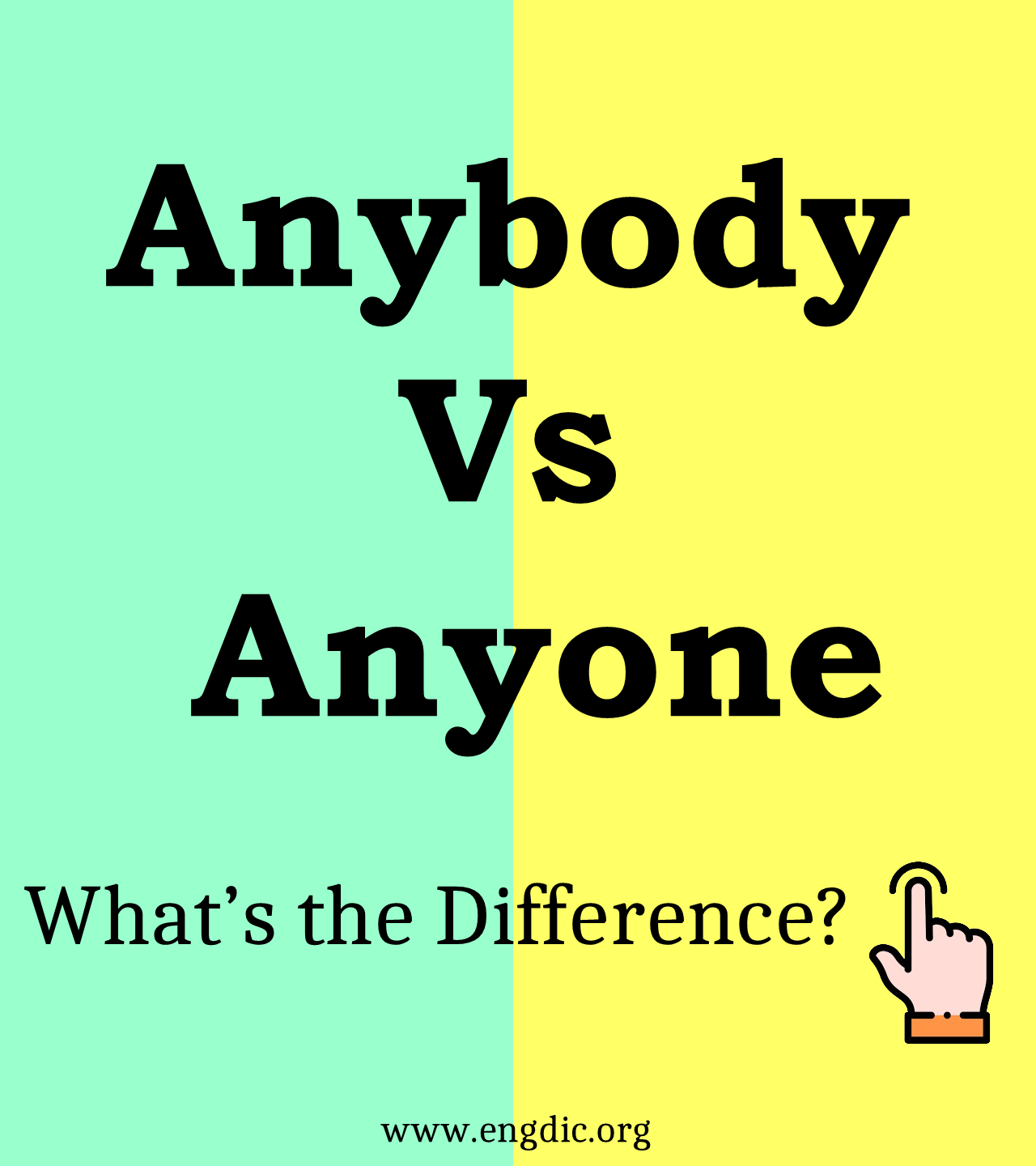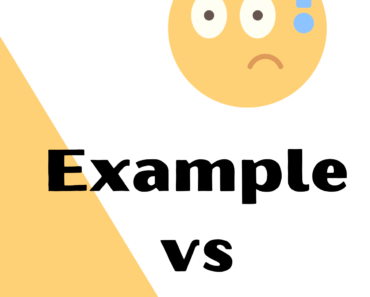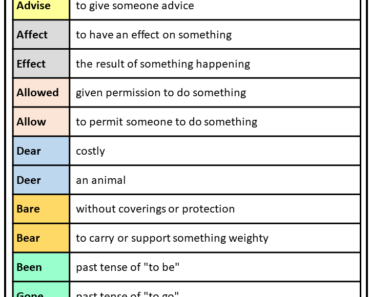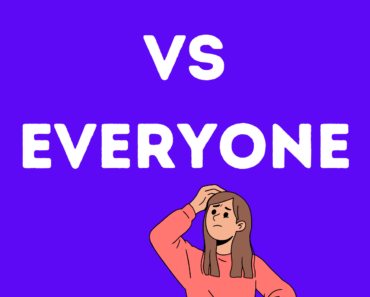The words “anybody” and “anyone” are often used interchangeably in English, but they do have subtle differences in usage and connotation. Understanding these can help you choose the right word for the right context. Here’s a breakdown to clarify their usage:
Definitions and Usage
1. Anybody
- Meaning: Anybody refers to any person, without specifying who.
- Usage: It is often used in casual or informal contexts. The word “body” in “anybody” might make it feel slightly less formal than “anyone.”
2. Anyone
- Meaning: Anyone also means any person or anybody.
- Usage: It tends to be used in more formal contexts compared to “anybody.” The use of “one” in “anyone” can give it a slightly more formal tone.
Examples in Sentences
- Anybody
- Can anybody help me with this?
- I don’t think anybody knows the answer to that question.
- Anyone
- Is anyone available to take this call?
- Does anyone have any further comments?
Contextual Differences
While both words are used in questions and negative statements, “anyone” is slightly preferable in formal writing or speech. In contrast, “anybody” might appear more frequently in everyday conversation.
Pronoun Usage
Both “anybody” and “anyone” are indefinite pronouns, used to refer to an unspecified person in a group or category. They are commonly used with singular verbs, despite referring potentially to multiple people.
Conclusion
In practice, the difference between “anybody” and “anyone” is quite minimal and largely pertains to formality and tone. In most cases, they can be used interchangeably without causing confusion. Understanding the slight nuance in their connotations can help in choosing the one that best fits the tone and formality of your writing or speech.







